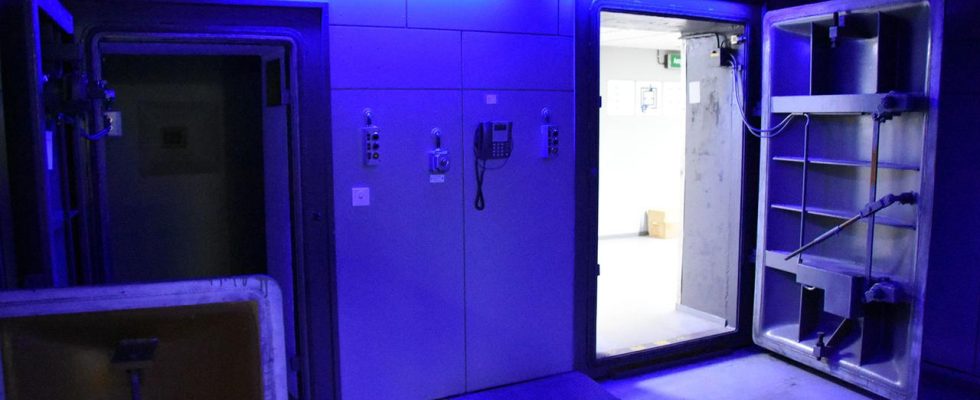Web hosts that aim to enable criminal offenses via their servers are committing a criminal offense. Even if they are not involved in the actual acts. The BGH has now confirmed this.
They advertised that everything could be distributed via their servers except child pornography and terrorism. And they assured their customers that they would always keep them online and protect them from government access as a so-called bulletproof server – the operators of the “cyber bunker”.
They bought a former NATO bunker in tranquil Traben-Trarbach on the Moselle. There they operated a gigantic data and computing center three floors underground. They rented the servers to their customers in exchange for money or Bitcoins.
250,000 crimes on the dark web
These customers committed around 250,000 crimes on the dark web via the servers. Drug and weapons trafficking, hacker attacks and even murder orders are said to have been involved.
The investigators observed what was happening for a long time and also infiltrated undercover investigators into the group. Then in September 2019 the access: While the operators were arrested in a restaurant, several hundred police dug out the bunker and confiscated hundreds of servers.
Mammoth trial at the Trier regional court
For the first time, the “actual perpetrators”, the drug dealers, arms dealers and hackers, were not in the dock before the Trier regional court. But those who made the web hosting business technically possible. The question was: Is this criminal behavior? The defendants emphasized that they had only rented out technology and had nothing to do with the crimes.
After a mammoth trial, the Trier regional court sentenced the eight defendants to prison terms of between one and almost six years for “membership in a criminal organization”. However, they did not additionally condemn the operators for aiding and abetting the specific acts in the background.
BGH essentially confirms both points
Four years after the “cyber bunker” was dug, the Federal Court of Justice has essentially confirmed the verdict. The Trier Regional Court decided without legal error that the operators were a criminal organization within the meaning of the Criminal Code.
The defendants all knew about the business model. They also knew that it was an essential part of keeping customers online and protecting them. Even if the operators were reported to have committed crimes. The overarching goal of the association was to help make crimes possible. The requirements of a “criminal organization” are therefore met.
No additional aid to the crimes
However, the highest criminal judges also confirmed the partial acquittals for aiding and abetting the crimes committed via their servers. It is not enough that the defendants generally knew about any crimes. And not that they wanted to encourage any criminal behavior.
In order to be convicted of aiding and abetting a crime, the perpetrator must know the essential elements of the crime himself. However, because the Trier regional court could not prove that the defendants had specific knowledge of the individual acts, it rightly acquitted them.
Only a few points remain open
The Federal Court of Justice only overturned the Trier ruling on detailed issues. The law provides that items used in a crime can be confiscated by the court. The Trier regional court may not have done this correctly with the servers used. Another chamber of the court must now examine this again.
The defendants’ convictions are now final. With the first conviction of web hosts for membership in a criminal organization, it is now clear: operators who aim to enable crimes via their servers are committing a criminal offense. Even if they are not involved in the actual acts.

